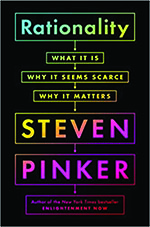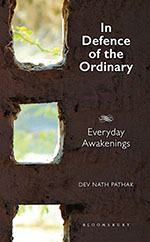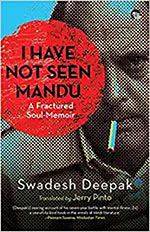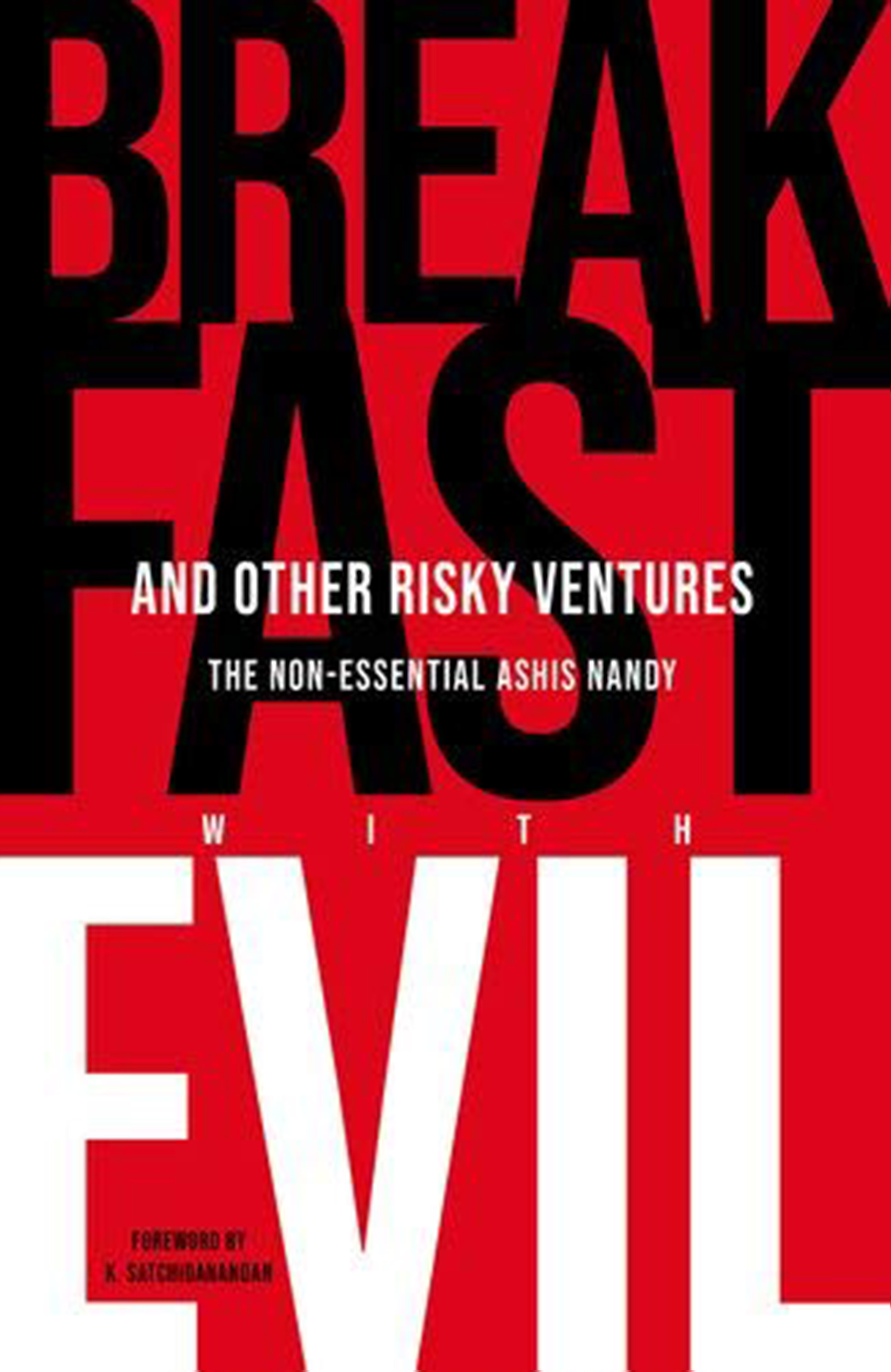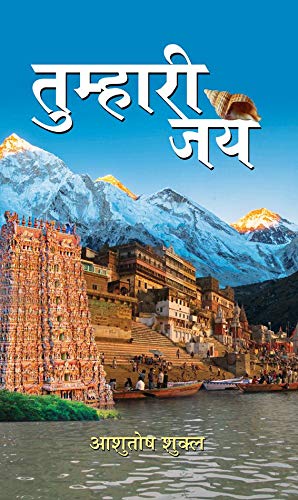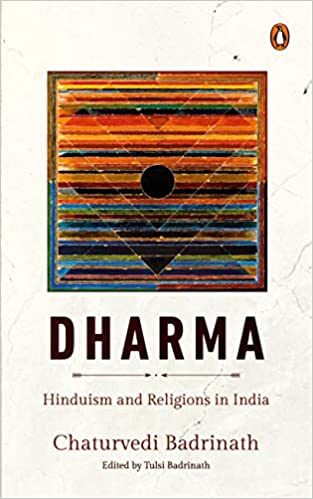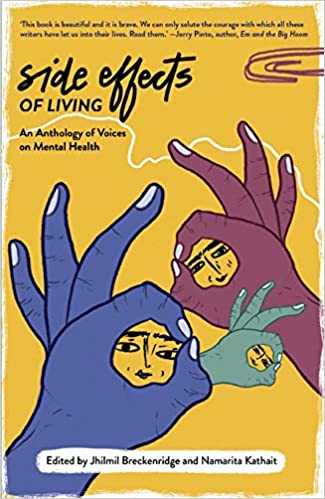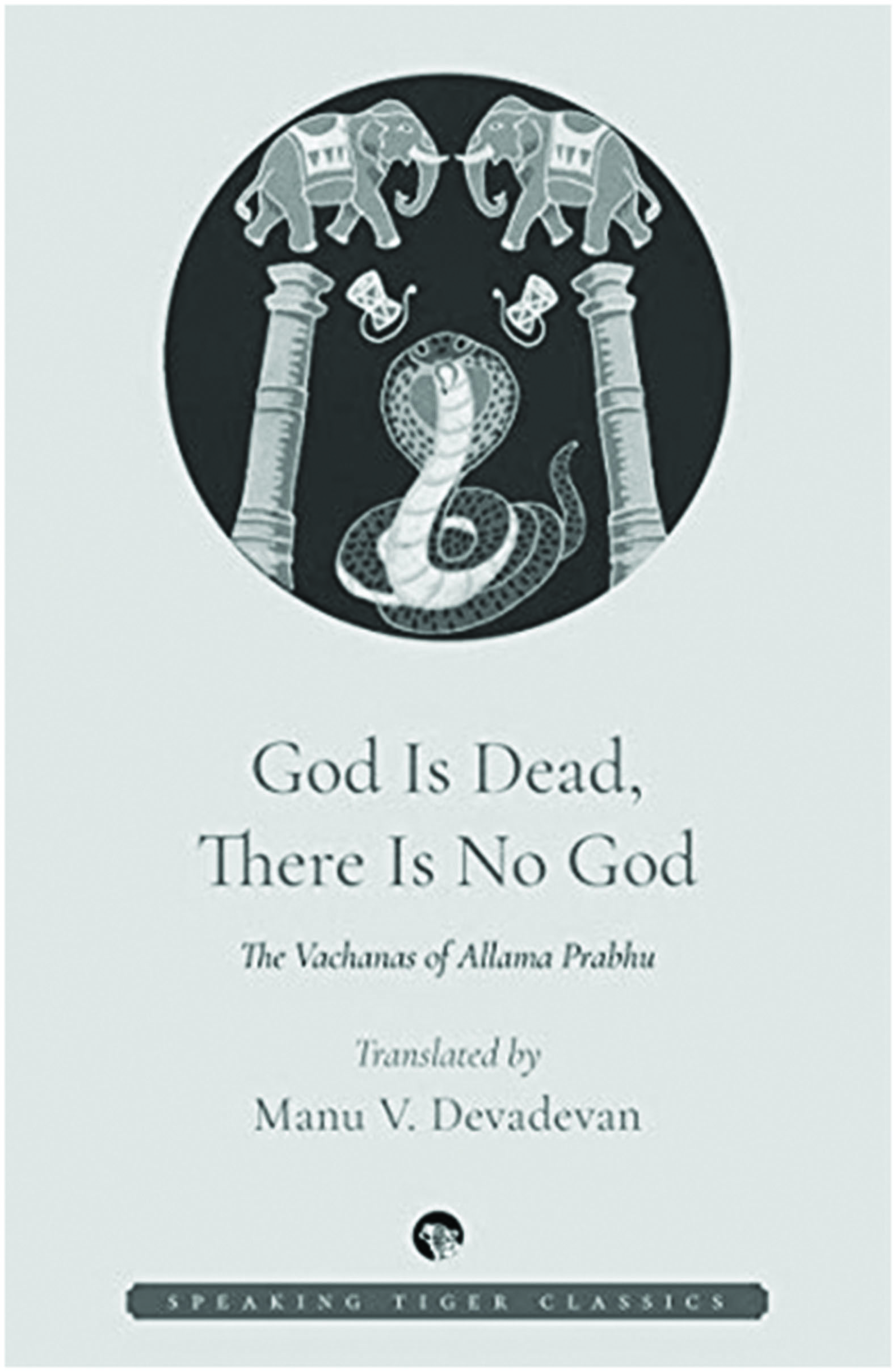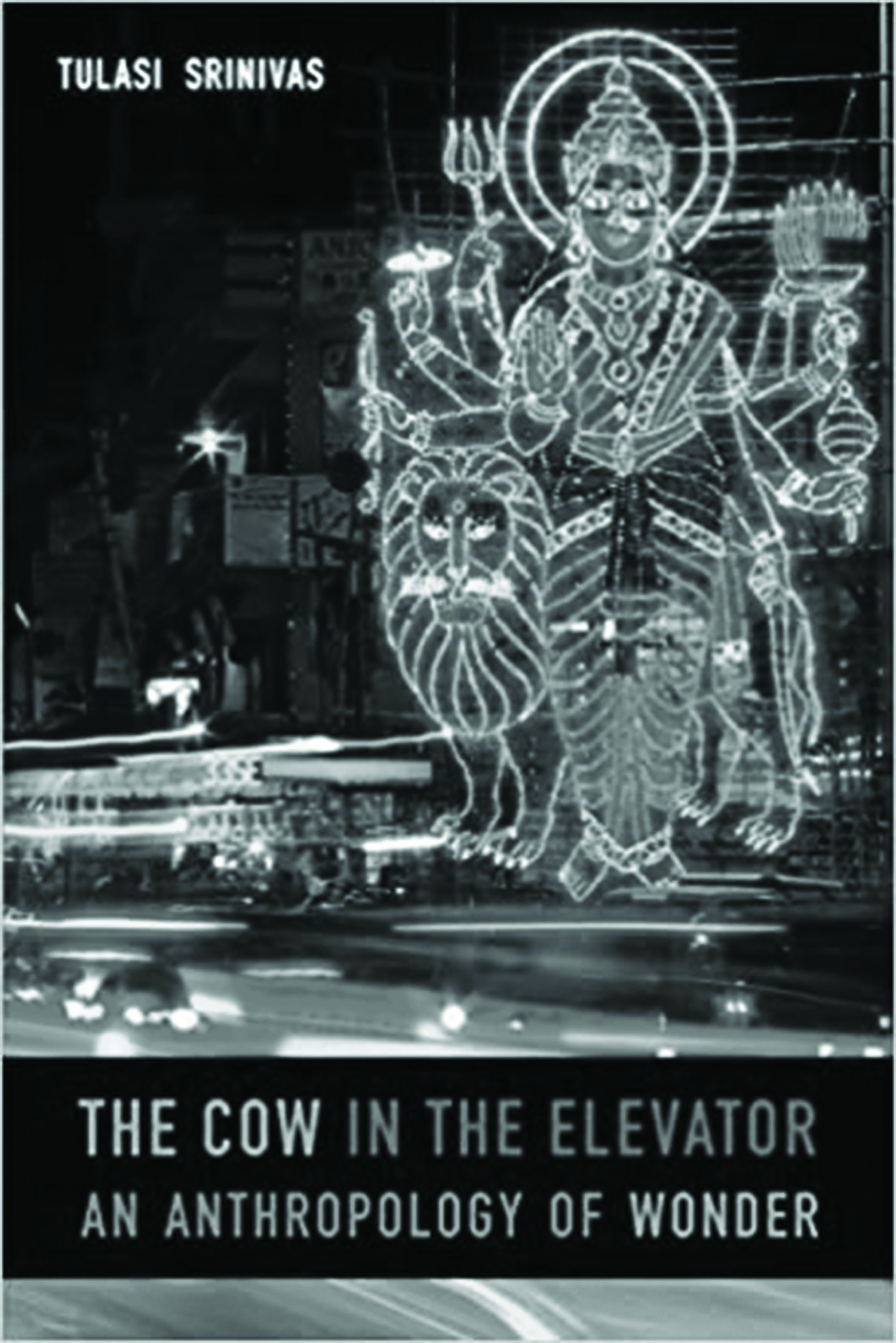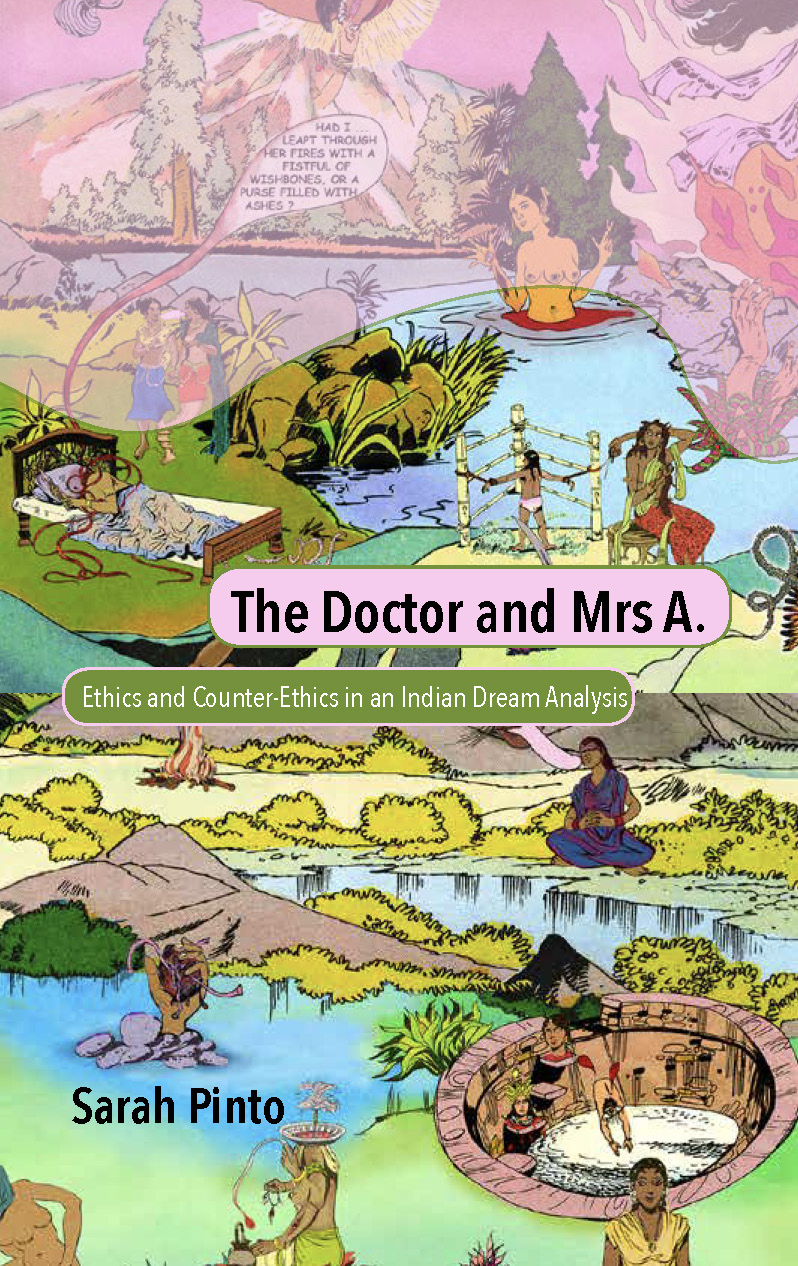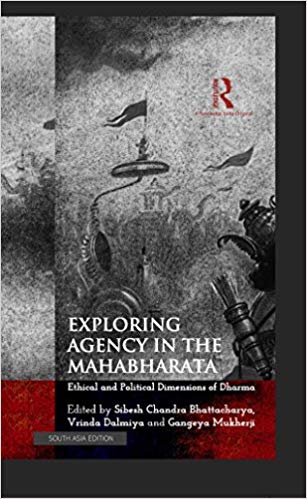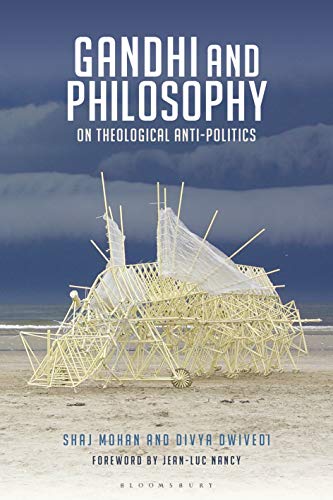Philosophy
Pinker follows his other popular writings (on language, violence, the enlightenment), with a lucid account of the importance and astonishing lack of reason in today’s world. Elegantly written, with abstruse ideas clarified (the difference between Deep Learning and Artificial Intelligence, for instance), with choice quotes, anecdotes, charts, cartoons.
Dev Nath Pathak’s In Defence of the Ordinary: Everyday Awakenings is an inordinary demonstration of a routine exercise that most sociologists, certainly in their professional lives, claim an association with: sociological imagination. Pathak too informs us about the deep connections between his personal and the public but his concerns are routed in assuringly different ways. Indulging in a polemic against himself, the author invites his readers to undertake a not-so-usual reading of politics and philosophy of knowledge.
There are few book reviews that can begin with a ‘must-read’ recommendation and this is one. The book is an intimate capturing of an author’s journey into the dark abyss of mental illness, his inability to comprehend his reality and the world, the journey to come to terms with it—finding his way back to his words—writing this book and some more plays and then getting lost forever. This sense of loss is the kind of foreboding throughout the book—the loss of one’s capacity to write, to express in words their pain, confusion and suffocation—the loss of loved ones to an illness they don’t understand, a loss of control over one’s actions and thought, a loss of respect—loss seems to be a theme entrenched in the narrative.
Breakfast with Evil and Other Risky Ventures: The Non-Essential Ashis Nandy is a collection of columns, essays, forewords to books, interviews, and lectures by Ashis Nandy originally published between 1975 and 2018. The book contains thirty-six chapters and is divided into five parts. In these texts…
2020
In these volatile times, when every word written is scrutinized for any hint of religious fundamentalism, it is difficult to assess a book like the present one. Its very title is bound to raise the hackles of those who read anything that has the word ‘Jai’ in it with the Pavlovian…
2019
Gyan ka Gyan is a multi-nodal intervention in the academy of Vedic studies, or Vedic ontology to be precise. The Vedas, Rigveda, Samveda, Yajurveda and Atharvaveda, in that order, are one of the most ancient sources of knowledge. From the four Vedas essentially .
Hinduism is the oldest living religion. Like all statements about Hindus, this needs further and then further qualification. The Indic tradition (shorthand for Hinduism), as expected, provides it: neti, neti. It is not a religion, nor an -ism.
The edited volume is an anthology of twenty-four real-life experiences of mental illnesses survivors along with seventeen lovely poems and a little bit of art on mental health. At the outset, the editors explain the rationale for the title in their Preface.
The title is a misnomer. This tantalizing title of a book of translation that is saturated with divinity is an invitation to the enterprising reader to explore what lies within and what lies beyond the imagined entity called ‘God’. I would like to begin my review.
In the novel Nights at the Circus, set at the end of the 19th century in Western Europe, Angela Carter writes: ‘In a secular age an authentic miracle must purport to be a hoax in order to gain credit in the world’ (1994: 16). Carter’s novel, which follows a colourful group of characters travelling from.
Issues related to women’s mental health have always occupied centre-stage attention. The reasons for this are not hard to find. The lived realities of women’s existence that highlight their subjugation and distress in a patriarchal order have been.
Aside from the reflections of India’s first psychoanalyst, Calcutta-based Gindrasekhar Bose (1886-1953), made famous via his correspondence with Sigmund Freud, contemporary Indian psychoanalysts have been fairly unanimous in finding the clinical work.
Few texts in history have generated as much debate around philosophical and ethical issues as did the ancient Indian text named the Mahabharata. Its huge size, encyclopaedic nature, and openness in discourse has turned the Mahabharata into an archive of diverse thoughts and viewpoints prevalent in early India, alongside the extensive period of the composition of the text, ranging over a millennium if not more.
The collected writings of MK Gandhi stretch over a 100 volumes. Prolific even for prolific writers, but for someone so politically active, this is not just phenomenal but incredibly so. Further, there are as many and more volumes about Gandhi’s life and thought, nor does there seem to be an immediate end to the discussion, debate and appropriation that Gandhi is subject to.

